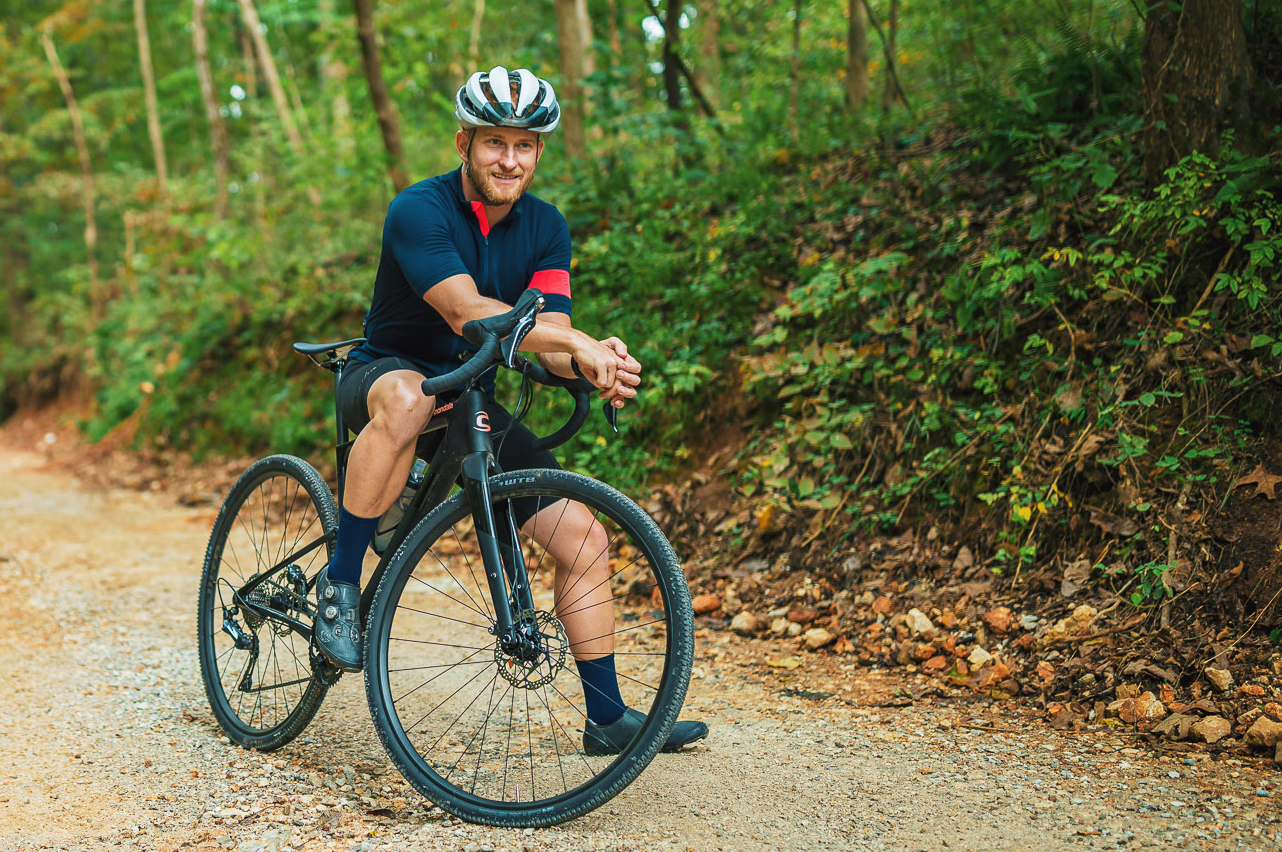In 2009, Alex Gibney was hired to make a documentary about Lance Armstrong’s return to professional cycling. At the time, many of Armstrong’s critics thought Gibney was making a puff piece to bolster Armstrong’s increasingly tarnished image. We’ll never know how that first documentary would have turned out, because accusations, inquiries and investigations toppled Armstrong’s house of cards before the film could be produced.
Rather than leave the project on the cutting room floor, Gibney began work on a new documentary, one that provides a candid look into Armstrong’s rise to glory as well as his fall from grace.
The armstrong lie
Video: The Armstrong Lie official trailer
The Armstrong Lie takes its name from a 2005 L'Equipe story that alleged Armstrong used the performance-enhancing drug EPO to help him achieve his first Tour de France victory in 1999. The two-hour film opens with an interview between Lance Armstrong and Gibney three hours after taping his doping admission with Oprah.
From there, Gibney interweaves footage from Armstrong’s now-expunged seven Tour victories with interviews with former teammates, former friends, journalists who covered his career, and a later, a more retrospective interview with Armstrong several months after his doping admission. These scenes coalesce to tell the story of Armstrong’s relentless ambition and boundless hubris, both of which, we are told, played as much of a role in his success and failure as any performance-enhancing drug.
The Armstrong Lie lacks the bite of an exposé and treads on well-worn ground for those who have closely followed professional cycling. Gibney does not seek to uncover new truths, but rather to package Armstrong’s story so far.
Though choppy at times, and leaning too heavily on Gibney’s 2009 work, the interviews with former teammate George Hincapie and former friends Frankie and Betsy Andreu provide depth to the revelations that his admission to Oprah lacked.
Somewhat disappointing is Gibney’s use of the Andreus as stand-ins for everyone Armstrong sought to intimidate and destroy in order to keep his image intact; long-time critic Greg Lemond and former teammates Tyler Hamilton and Floyd Landis are mentioned only in passing.
Perhaps the most interesting interview for those who have followed the sport throughout 'the Armstrong years' is with disgraced sports physician Michele Ferrari, who lent his expertise to Armstrong from 1999 through to his 2009 comeback.
Gibney briefly explores Ferrari not as the one-dimensional evil doctor he is so often portrayed as in the cycling press, but as a scientist who viewed the professional cyclists he worked with as the human equivalent of Formula One race cars, and himself as a very skilled mechanic. One who, thanks to network of contacts within anti-doping agencies, was able to stay ahead of the curve for much of his career in the arms race between athletes and the organizations striving to clean up the sport.
At the end of The Armstrong Lie we were left with the same questions we had before watching it. Avid cycling fans who have watched Armstrong’s career will find very little new insight into the man. Casual observes may be surprised by the all-encompassing, systemic nature of doping in the pro peloton.
In either case, The Armstrong Lie is an interesting, if incomplete, look into the dark side of Lance Armstrong and of the sport itself.
